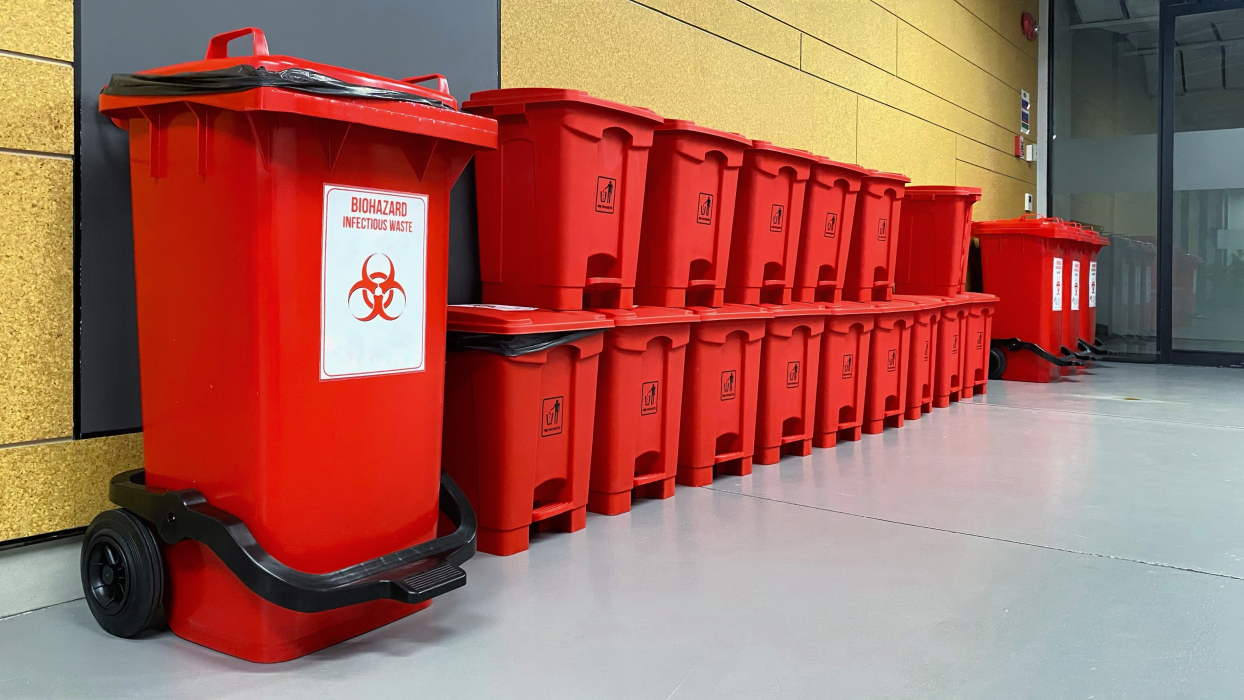
Medical Waste Management in Hospitals: The Importance of Incineration in the Process
“Proper management of medical waste in hospitals is crucial for protecting the health and safety of patients, staff, and the environment. Medical waste includes any material that is generated during the diagnosis, treatment, or immunization of humans or animals. This waste can be hazardous, infectious, or non-infectious, and must be managed according to strict guidelines to prevent contamination and spread of diseases.”
One of the most important steps in medical waste management is incineration. Incineration is the process of burning waste at high temperatures, which destroys infectious agents and reduces the volume of waste. Incineration is a safe and effective method of managing medical waste, as it eliminates the risk of infectious agents surviving and spreading from the waste.
The World Health Organization (WHO) has established guidelines for the safe and effective incineration of medical waste.
These guidelines include:
Location: Medical waste incinerators should be located away from residential areas, water sources, and food-producing areas. They should also be located in an area that is easily accessible for waste collection and transportation.
Design: Incinerators should be designed to ensure complete combustion of the waste. They should have a secondary combustion chamber with retention time to ensure that all the waste is burned at high temperatures (+800oC).
Monitoring: The incinerator should be monitored regularly to ensure that it is functioning properly. The temperature, pressure, and emissions should be monitored to ensure that the incinerator is operating within safe limits.
